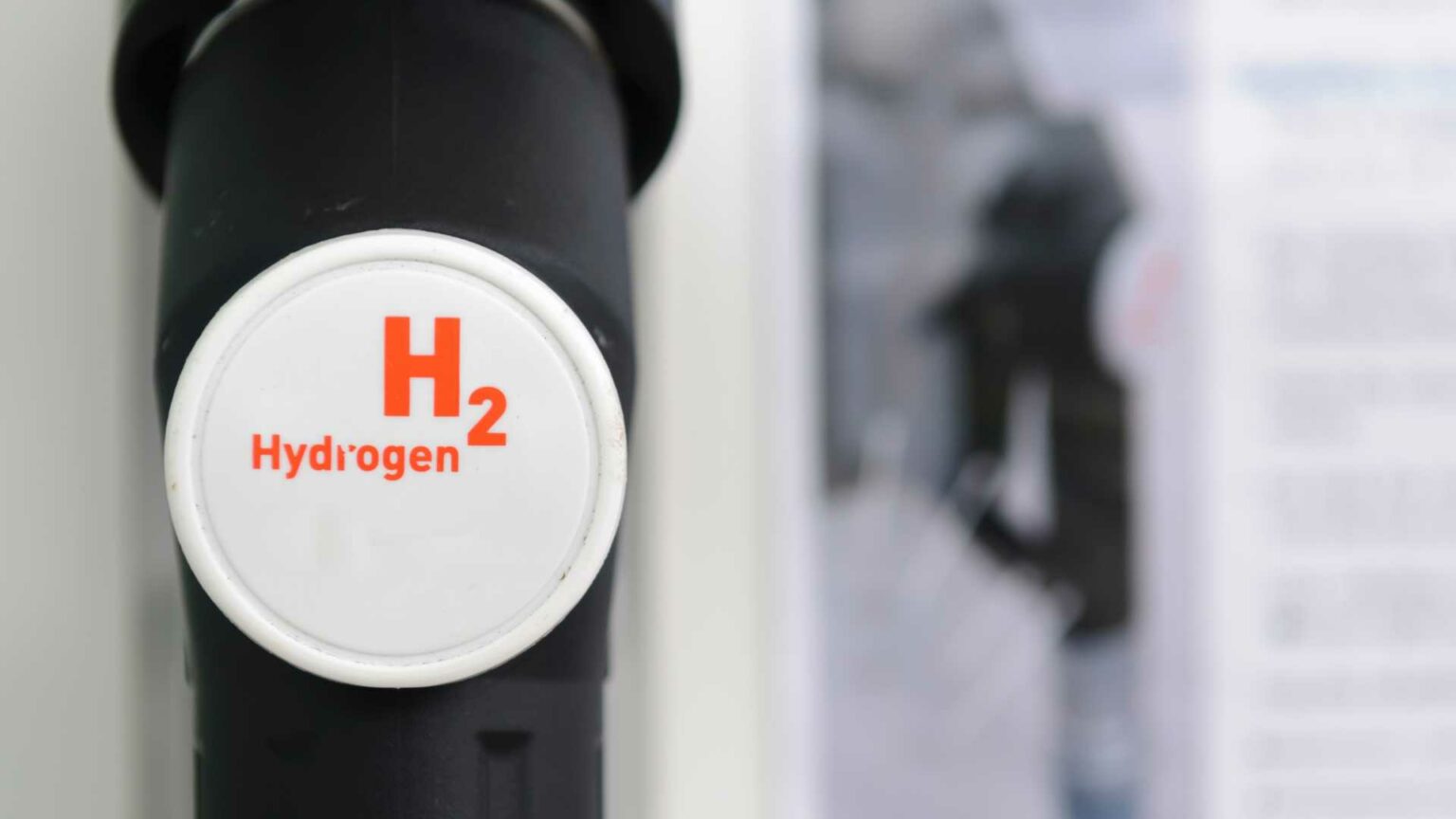Owners of hydrogen cars in Germany are currently facing significant challenges due to widespread operational issues at hydrogen filling stations.
Many of these stations are running in emergency mode, primarily triggered by substantial hydrogen supply problems. A notable incident occurred at the end of August when an explosion at a Linde hydrogen filling plant in Leuna, Saxony-Anhalt, destroyed a transport trailer; fortunately, no injuries were reported. Following this event, numerous freight forwarders took precautionary measures by removing the affected trailers from service.
The leading operator of the German hydrogen filling station network, H2 Mobility, has confirmed that many suppliers are now conducting additional safety checks on their hydrogen filling and supply equipment. This situation has resulted in a temporary shortage of delivery vehicles. According to a report from Welt am Sonntag, 36 out of 82 H2 hydrogen filling stations are currently operating in emergency mode and cannot guarantee a reliable supply of hydrogen. Berlin has been particularly impacted, with only one fully operational hydrogen filling station available for use. This situation poses major challenges for services like Uber, which operates around 180 fuel cell vehicles in the city.
The ongoing issues have left many owners of Toyota Mirai and Hyundai Nexo vehicles unable to refuel for weeks, highlighting the urgent need for solutions to restore reliable hydrogen supply across Germany.
